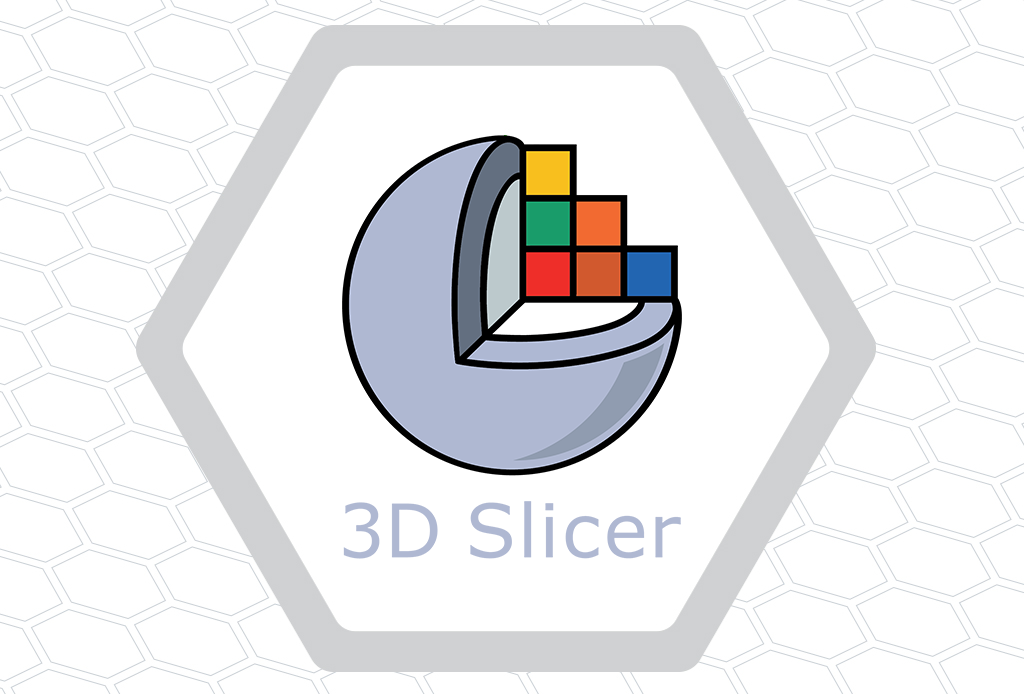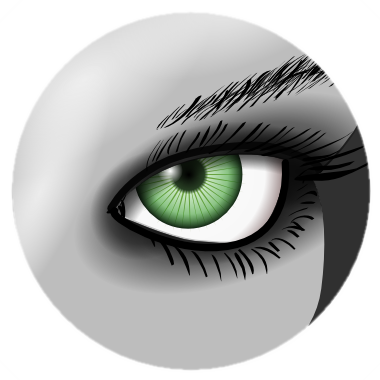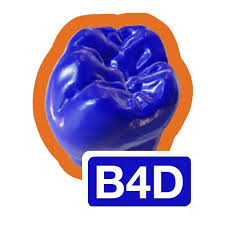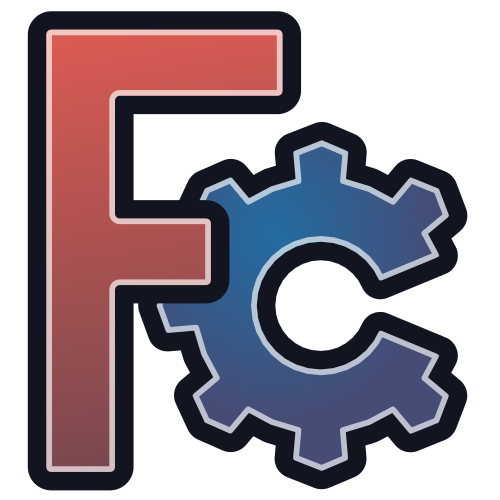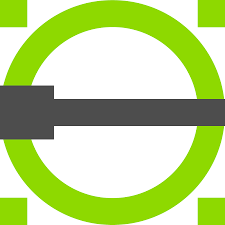Dental Anatomy 3D (Free Edition) — Learning Tool for Oral Structures
Dental Anatomy 3D (Free Edition) is a lightweight program made for teaching and studying dental anatomy. Instead of processing scans, it comes with ready-made 3D models of teeth, jaws, and nerves. The idea is simple: give students and educators a way to explore structures in three dimensions, rotate them, hide or show layers, and get a clear view of how everything fits together. Because it doesn’t need heavy hardware or complex setup, the software is often used in classrooms, on laptops, or even on tablets.
Technical Profile
| Area | Details |
| Platforms | Windows, macOS, iOS, Android |
| Data included | Preloaded 3D anatomical models (no DICOM required) |
| Core functions | Rotate and zoom models, switch layers on/off, labeling of key structures |
| Export | Simple screenshots and annotated images for notes or lectures |
| Performance | Runs smoothly on ordinary laptops and mobile devices |
| Deployment | Standalone app; no PACS or server integration |
| License | Free edition for study and classroom use |
| Audience | Dental students, anatomy teachers, general medical education |
Comparison Snapshot
| Tool | Distinct Strengths | Where It Fits |
| Dental Anatomy 3D (Free Edition) | Preloaded anatomy models, easy to use, mobile support | Teaching, student practice, quick anatomy review |
| Odontoview | Panoramic and CBCT viewing with measurement tools | Clinical work, radiology labs |
| Seg3D | Segmentation and STL export | Preparing 3D models from scans |
| ToothMorph | Detailed morphology and measurements | Research, orthodontic studies |
Installation Notes
– On Windows / macOS: download, run the installer, and start the program directly.
– On iOS / Android: install via the app store, works well on tablets for teaching.
– First launch: open a built-in jaw model, rotate it, hide layers (e.g., teeth vs. nerves), and take a screenshot to check export.
How It Is Used
– In lectures, teachers project 3D models to explain relationships between teeth and surrounding anatomy.
– Students explore models independently, zooming in on details they need to learn.
– In course materials, screenshots and labeled diagrams are taken directly from the app.
– In pre-clinical training, it provides a foundation before students start working with real scans.
Deployment Notes
– Works offline after installation, which is useful for classrooms with limited connectivity.
– Runs on standard hardware; does not require a dedicated workstation.
– Often used alongside more advanced tools like Seg3D or Odontoview for a complete teaching workflow.
Limitations
– Cannot load DICOM or patient scans.
– Not intended for treatment planning or clinical decision-making.
– Free edition may lack the full set of anatomical structures available in commercial releases.

